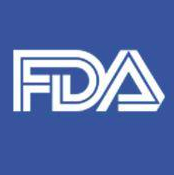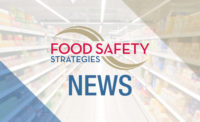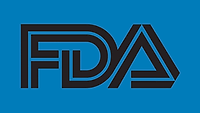FDA Recognizes New Zealand as Having a Comparable Food Safety System
Source: FDA, December 13, 2012
On December 10, FDA and New Zealand’s Ministry for Primary Industries signed an arrangement recognizing each other’s food safety systems as comparable to each other. This leads the way to a new level of regulatory cooperation to enhance food safety while facilitating trade between the two countries. This is the first time that FDA has recognized a foreign food safety system as comparable.
Systems recognition, previously referred to as comparability, involves reviewing a foreign country’s food safety regulatory system to determine if it provides a similar set of protections to that of FDA. Outcomes of these reviews may be used by FDA to make risk-based decisions regarding foreign inspections, admitting product into the U.S. and follow-up actions when food safety incidents occur. FDA, working with New Zealand, pilot tested a systems recognition process using the draft International Comparability Assessment Tool (ICAT). The process includes a comprehensive review of the country’s relevant laws and regulations, inspection programs, response to food-related illness and outbreaks, compliance and enforcement and laboratory support.
Systems recognition is voluntary and not required in order for a country to export foods to the U.S. Any country can request a systems recognition determination. FDA is currently conducting a pilot systems recognition process with Canada.
FDA plans to publish a guidance document next year and ask for input on its systems recognition process.
FDA held a public hearing on systems recognition, or comparability, in March 2011, giving stakeholders the opportunity to discuss FDA’s use of international systems assessments as a mechanism to enhance the safety of imported foods while focusing resources where most needed.
The text of the agreement with New Zealand will be made available on FDA's website (see Memoranda of Understanding and Other Cooperative Arrangements) in the following weeks.
For more information see:
Looking for a reprint of this article?
From high-res PDFs to custom plaques, order your copy today!





